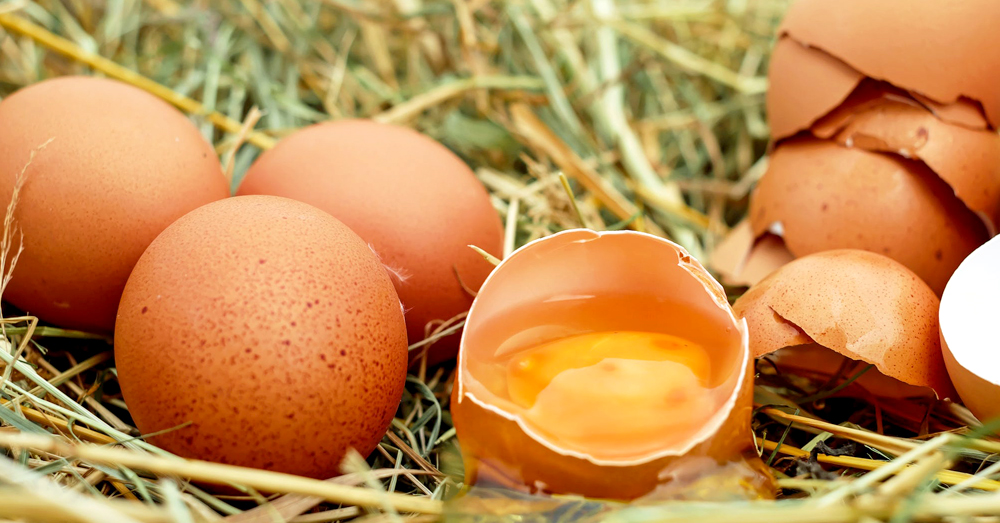
Are Your Eggs Really “Organic?”
April 11, 2018 |
Organic Consumers Association
Ever wonder if the eggs you eat are really organic? According to a recent PBS NewsHour segment, the answer to that question is: “It depends on who you ask.”
Under the U.S. Department of Agriculture (USDA) National Organic Program, organic eggs must come from chickens that are raised cage-free, fed an organic diet grown without pesticides, managed without antibiotics and hormones, and have seasonal access to the outdoors.
But not all organic egg producers agree on the definition of “outdoor access.” In fact, their definitions, and practices, can differ immensely.
For example, White Oak Pastures in southwestern Georgia has about 4,000 egg-laying chickens that are pasture-raised. By contrast, Country Hen in central Massachusetts houses 80,000 chickens mostly indoors, allotting 1.5 square feet per bird—“outside access” for all those birds amounts to a covered porch.
Very different practices, but both labeled organic.
This is why, after a 14-year effort led by National Organic Standards Board to tighten animal welfare rules for organic egg producers, the USDA decided to update its Organic Livestock and Poultry Practices (OLPP) rule to require organic chickens to have contact with actual soil, not just outdoor porches.
But just as the rule was set to be enacted in January 2017, the Trump administration withdrew the Obama-era regulation, saying the USDA didn’t have the authority under existing law to mandate animal welfare conditions.
Was that really why the Trump administration’s USDA wanted to get rid of the OLPP rule? Or did the USDA just want to help “Big Organic” egg producers who already routinely ignore existing animal welfare standards in order to keep pocketing higher profits?
According to Organic Consumers Association’s Katherine Paul and Alexis Baden-Mayer:
These practices [by Big Organic producers] not only make it more difficult for smaller organic egg farmers to compete, they also cheat consumers who believe certified organic means higher animal welfare standards. Instead consumers are unknowingly buying eggs from producers who run nothing more than industrial-scale operations indistinguishable from factory farms apart from the type of feed they use.
How do you know if your eggs are coming from “Big Organic” factory farms or smaller farms like White Oak Pastures, which strictly adhere to fair, sustainable and humane practices?
First, visit The Cornucopia Institute’s Organic Egg Scorecard.
Second, be wary of retail grocery chains that sell “organic” eggs under their own label, including Aldi’s Simply Nature, Whole Foods 365 Organic, Trader Joe’s, Kroger Simple Truth, Costco, Walmart, etc. Most of these store-brand eggs are produced by industrial-scale organic producers.
Third, learn about regenerative agriculture and the farms that produce eggs and other products using practices that not only meet, but exceed USDA organic standards.
And fourth, stay up-to-date on the latest news about organic food and farming by signing up for Organic Consumers Association’s online newsletter and action alerts.
Bon appétit.
Organic Consumers Association is a nonprofit consumer advocacy and grassroots organizing organization. To keep up with news and alerts, sign up here for our newsletter.
